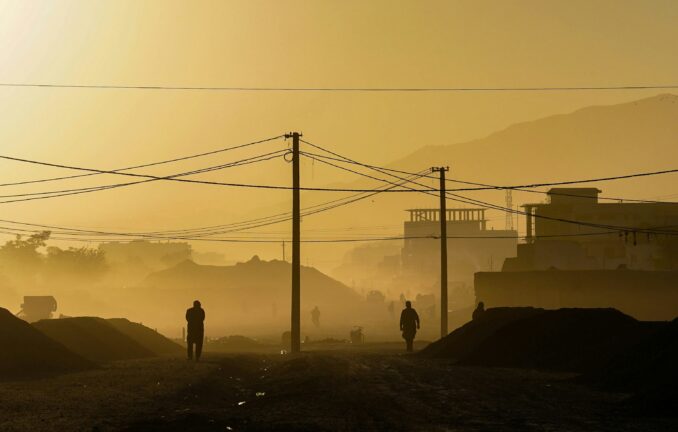As north-eastern Afghanistan is trying to recover from a powerful earthquake, the European Union is expanding its emergency assistance to address growing humanitarian needs. The crisis adds pressure to an already fragile situation marked by widespread displacement, limited access to essential services, and a recent surge in returnees from Pakistan.
The EU has committed €1m in emergency funding to support humanitarian organisations already operating in the affected areas.
“As this new earthquake in Afghanistan puts additional strain on an already dire humanitarian situation, the EU is stepping in to help,” the Commissioner for Preparedness and Crisis Management Hadja Lahbib said. “Like we did after the strong earthquake of 2023, the EU is mobilising all available resources to assist the impacted population. This aid package will bring much needed immediate relief to people in the affected areas, which in recent months have also seen large arrivals of returnees from Pakistan.”
Emergency supplies
In addition to the funding, the EU is deploying approximately 130 tonnes of emergency supplies from its strategic reserves, including tents, shelter materials, clothing, medical kits, and water purification equipment. Two EU-funded humanitarian flights are expected to deliver the cargo to Kabul later this week.
To assist with damage assessment and logistical planning, the EU has also activated the Copernicus satellite mapping service, providing emergency imagery of the impacted regions.
You might be interested
This aid package will bring much needed immediate relief to people in the affected areas, which in recent months have also seen large arrivals of returnees from Pakistan. – Hadja Lahbib, Commissioner for Preparedness and Crisis Management
This support adds to the €161m in humanitarian aid the EU has allocated for Afghanistan in 2025. Since 2021, EU-organised humanitarian airlifts have delivered over 2,000 tonnes of life-saving supplies to the country, including in response to the 2023 Herat earthquake.











